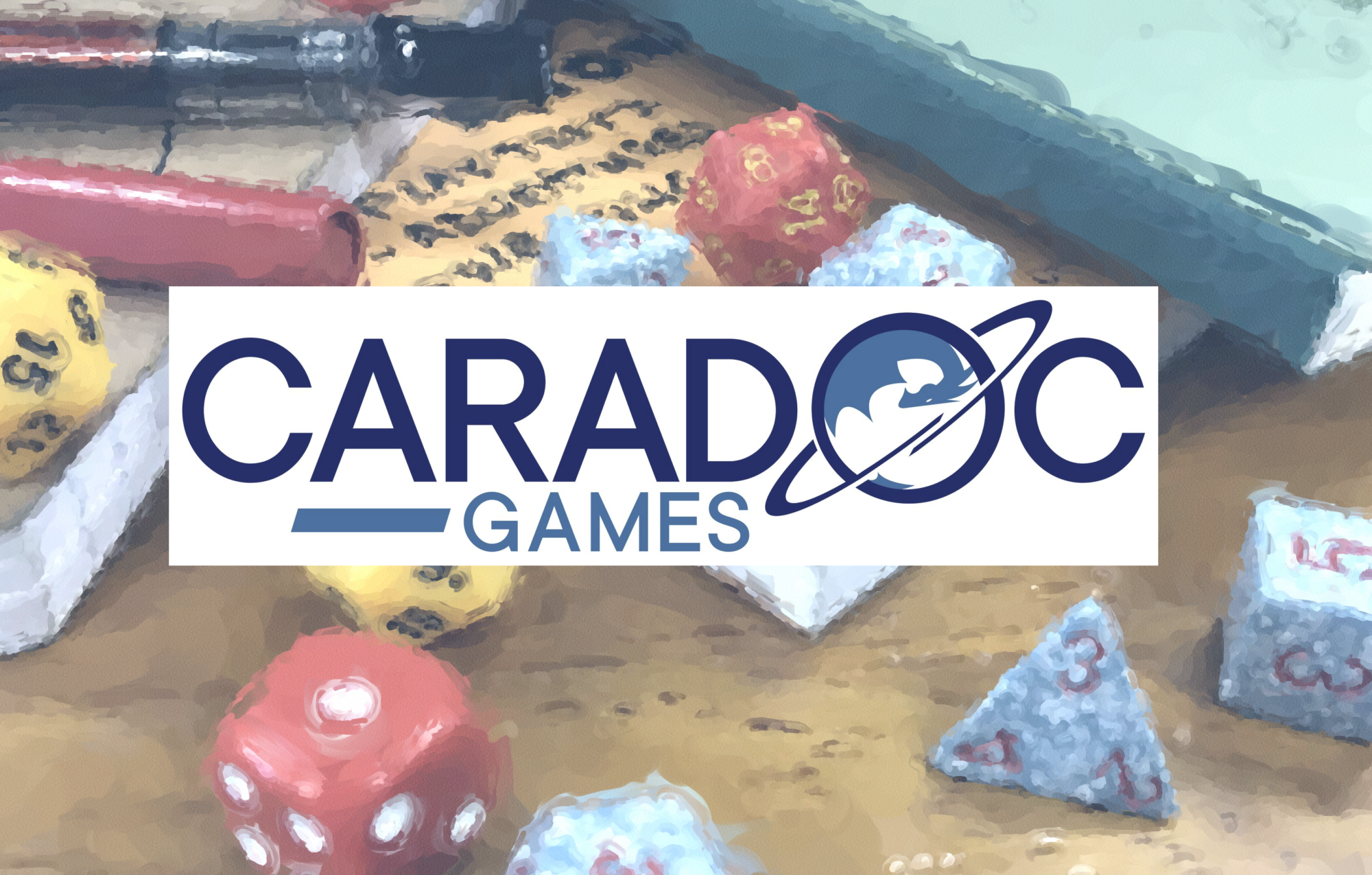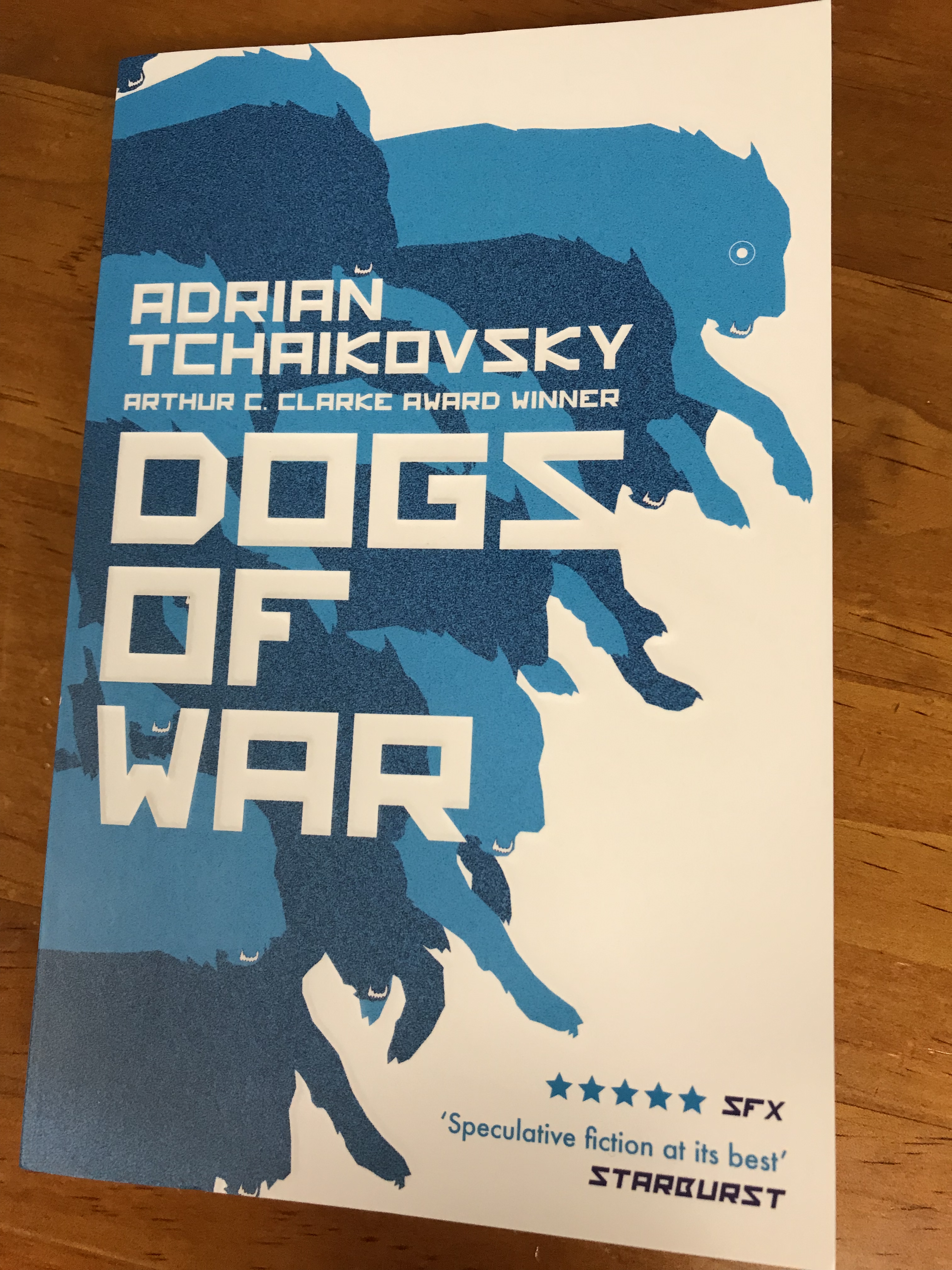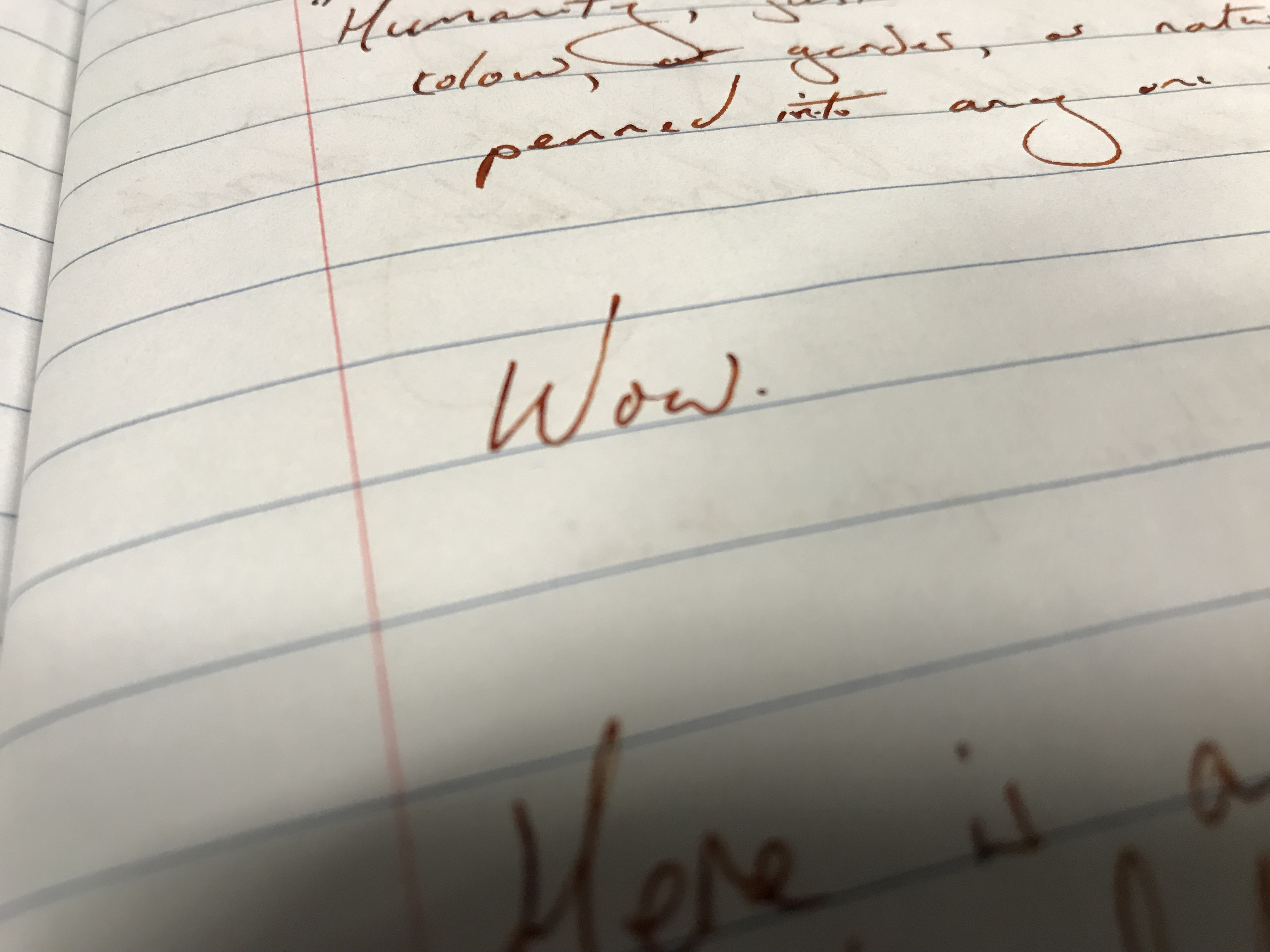Ilmar, City of Last Chances, a city occupied, on the brink of revolt, divided by factions, riven by agendas, where necessity makes for strange and shifting bedfellows.
City of Last Chances is a stand-alone fantasy novel by Adrian Tchaikovsky. A fantasy novel set in an industrial city, where magic and the arcane isn’t just some mysterious power understood by a cabal of masters, but the lifeblood of industry, a tool to be harnessed. Magic, like snaking vines, wraps and infiltrates every aspect of the city itself, from the demons who’s infernal contracts bind them to power the factories, to the ‘firearms’ loaded with tablethi, primed to go off with at the touch of the right spoken word.

Ilmar is the setting, and while a whole world beyond this city of last chances is hinted at, rich and varied, it is the city itself that provides the backdrop for the novel. It is a city built from ancient stones, aging wood, fading paint, and new veneers. It is full of factions, suburbs, streets and alleys. It is lived in, populated by lively characters riven by agendas.
Ilmar is the product of vivid imagination; around every corner the reader encounters some new detail, a detail that in itself would provide enough backdrop for a full story on its own, and which is stacked, one among many. All of them some strange twist on the expected, some wonder, or curio. The city is a melting pot of furious imaginings. The city of Ilmar feels like one of those antique shops that sells odds and ends. The sort that has existed for as long as anyone can remember, in which every inch of space is teetering shelves packed with every more curious items, grouped in a fashion that on logical examination might make no sense, but which feels right, lived in, curated, loved, built up over time and yet timeless.
Equally appealing are the characters: jaded, idealistic, hopeful, bitter, naive, impassioned, melancholy, changing and changed… faced by circumstances beyond control; each trying desperately to steer their raft as the white water rapids of time dash them inevitably against the rocks the events they are involved with have cast into the waters ahead.
All of it makes for a mysterious and fascinating backdrop to a story of the tumult of unfolding events, of causes and effects, of spiraling chaos, the hoped for but unexpected wins, all of it colliding together like a Guy Ritchie movie. Increasingly frenetic as the pages between your thumb and back cover dwindle. Increasingly explosive as events collide, victories are won, losses are taken, and the unexpected twists of circumstance conspire to muddy the way.
City of Last Chances, by Adrian Tchaikovsky, is a vivid and rich book, and one that, in my view, is well worth checking out.
As a role player, I just can’t help but note, it is also a book that cries out for a Forged in the Dark adaptation – the Blades in the Dark system just feels like the right sort of bones upon which to build a game for this setting…


